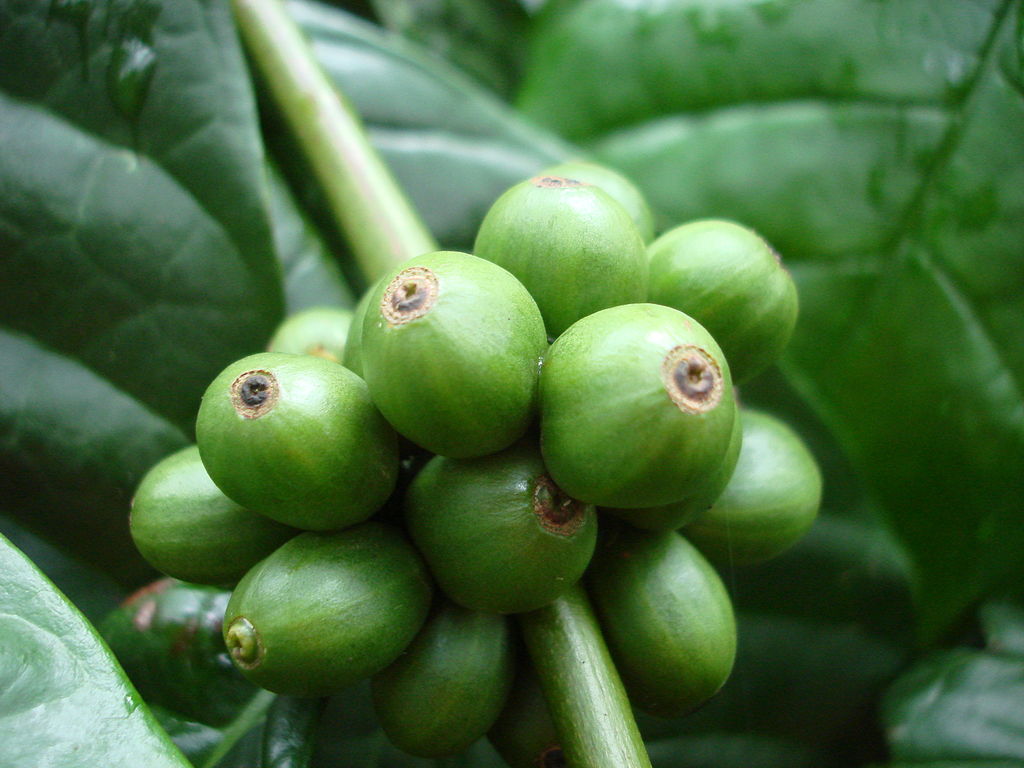Vietnam is the world’s largest producer of Robusta coffee ahead of Brazil, and the country now exports approximately 40 percent of the world’s Robusta, according to the latest numbers from the USDA. LDC says the project is designed to provide farmers in the Dak Lak, Dak Nong and Gia Lai provinces in the Central Highlands region with training in climate change resilience, work safety and “agro-chemical management.”
“LDC has been present in Vietnam since 1998, with coffee merchandizing, processing and agronomy as our main operating activities,” Hidde Eikelboom, LDC Vietnam CEO, said in a recent press release. “This project reaffirms our commitment to increasing Vietnam’s production of sustainably grown coffee, while improving long-term profitability for the farmers who grow it.”
Despite the more climate- and pest-resilient nature of the Robusta species in comparison to Arabica, its cultivation often involves deforestation of huge swaths of land to make way for large plantation farms that where the use of chemicals and large amounts of water are commonplace.
LDC said the project will involve 30 demonstration plots between 1 and 2 hectares in size on which techniques for soil and fertilizer management, crop protection products, intercropping strategies and water irrigation systems will be tested. The most successful techniques will then be replicated across some 300 hectares of coffee farms.
“To promote a more responsible use of crop protection products and fertilizers, the project will test the soil and take expert advice on the optimal quantity of nutrients for coffee farming,” said LDC, whose project partner Syngenta is a high-volume seller of fertilizers and other agro-chemicals. “A list of banned and dangerous chemical substances will be compiled for each province, along with a recommended list of fertilizers and crop protection products, which farmers will be trained to access and apply.”
Nick Brown
Nick Brown is the editor of Daily Coffee News by Roast Magazine.







Comment